As all Black LGBTQ+ folk who are visible do, Karamo Brown navigates multiple marginalized identities. On that neverending journey, he's had to make choices in hopes of finding a slice of joy in the American pie of oppression, to survive in spite of (or because of) a white cishet system. His memoir, Karamo: My Story of Embracing Purpose, Healing, and Hope, reveals the decisions he made. A look behind the sometimes annoyingly perky veneer of the Queer Eye co-host, it's a how-to of sorts for those looking to move through the world in similar ways. But I can't stop thinking about the cost of Brown's form of survival, or the society that necessitates his acts of survival in the first place.
Like most people, I first learned of Brown in the early 2000s as a housemate on The Real World: Philadelphia. I remember him being unapologetic about his views and semi perpetually angry -- not in the Angry Black Man sort of way, but in the These People Don't Understand Me way. The gig made him the first Black gay man on reality television. Fast forward almost 10 years, I stumbled on him as the host of a digital show for the Oprah Winfrey Network. From there, his journey to renewed and continued relevance, something very much worthy of applause, put him on red carpets, in front of the camera, and in other spaces that kept him in my consciousness. Over time, though, I came to a realization: "This is not the Karamo I remember from MTV."
Admittedly, I wasn't sure if this feeling was good or bad. I just found his media appearances -- and his public persona -- to be unsettling. I rooted for him, but I couldn't place the crux of my uncertainty. In reading his memoir, I hoped to gain a greater understanding of the man behind the perfect smile, upbeat demeanor, and flashy bomber jackets. I got that, and much more.
Karamo is a 289-page reflection on its author's life from early childhood to the fiance and father of two we see on screen. An easy read, the memoir peels back some layers as Brown lets the reader in on a far-from-perfect background peppered with abuse, drug addiction, a suicide attempt, colorism, career instability, and financial woes. It's part biography, part self help as the Houston native provides the lessons he's learned along the way to living his best life. It's very much a survival guide. But unfortunately, it's only for those looking for solace in respectability and the white gaze.
An example of this comes early in the book as Brown discusses navigating colorism as a darker-skinned Black man. After recounting how his grandmother reared him to be self-conscious about his skin tone -- "She would tell me not to stay outside in the sun because she didn't want me... 'to darken up [the] family any more,'" he wrote -- he describes being in a football locker room before a game when another Black guy says, "What's up, my nigga?"
"I immediately recoiled, hurt and disgusted," he writes, noting that the statement was said "in front of everyone else in the room." He added, "Somehow, I felt implicated even though he said it. I felt bad because of it, but I also sensed that if I didn't respond I wasn't 'black' enough... It was a dagger into me every single time I heard that word."
Based on this, I can only assume that Brown equates the N-word with the disparaging ideas he received, from family and society at large, about his skin tone. (If it's also because of the general divisive nature of the word, then he made the perplexing choice not to say so.) But while on the surface this could've just been a child coming into the linguistic boundaries he's choosing to set for himself and those in his space, the motivations for such a belief that Brown holds to this day reveal themselves mere lines later.
"We are being conditioned by our own culture that it's okay to call one another this derogatory term, as long as nobody else calls us that," he writes after mentioning the shirt he wore last year to the premiere of Unsolved: The Murders Of Tupac And The Notorious B.I.G. that read "NiggerNigga Neither." "How do I say to people, 'Don't call me "nigga,'" when every single hip-hop song I listen to says it is okay? When every single person in my circle of friends who is my age, and my race, is saying it?" (He also discussed the shirt in an episode of Ira Madison III's podcast Keep It.)
To be clear, Black people can come down on a number of sides about the use of the N-word, employing whatever reasoning makes sense to us. But it's that Brown's reasoning is rooted in others' perceptions of the word -- not the word itself -- that indicate an interest in respectability.
Then there's the countless explanatory commas on aspects of Blackness and Black queerness strewn throughout the book, like noting how Black people call light-skinned folk "high yella" or how "clocked" means "I see that you're gay, or part of the community, even if you haven't expressed it." And though no one necessarily writes a book to only be consumed by a particular group of people, such inclusions -- perhaps at the insistence of an editor -- signal a capitulation to a general (read: white) audience.
While both of these examples come from the first three chapters of the book -- what follows is six others in which his Real World and Queer Eye casting, battles with addiction, discovery of fatherhood, and process of finding the love of his life are adequately described, but void of a certain vulnerability I felt was necessary -- it ironically represents part of the foundation of the man we've come to know. Brown is someone whose apparent concern for how white people will read him has manifested into a public persona concerned with such projections. Granted, the other side of the coin involves a potential preoccupation with the interests and attitudes of Black people and Black queer folk, which can be its own set of blinders. But there is a way to exist in a sweet spot: aware of the world around you, but not beholden to it.
Brown has bought into the perceived image of himself as an exceptional "African-American" who, today, has appropriately dealt with his traumas and therefore stands as the role model we didn't know we needed. And having wrestled with others' perceptions of him that are rooted in a white sensibility since he was very young, the type of Black excellence he performs -- very much out of a need to survive, and thrive in, the spaces he enters and the places he'd like to go -- is haunted by the white gaze. But I can't blame him as this is a happening beyond Brown himself.
We're all products of an environment that necessitates some semblance of assimilation in order to survive. Above all of our heads is a host of gazes that demand a performance in order to access certain spaces. And our individual life experiences, hopes, and fears drive us to choose which is more important to us: success or authenticity. Yes, there is a way to have both, and I'm sure that's where Brown feels he stands. I'm sure it's where we all feel we stand.
Still, Karamo is a study of how to survive in America told through the story of someone Black, queer, and visible. But survival, for us all, has a cost. In this Choose Your Own Adventure, risk is at play, of making the wrong choices, of alienating ourselves from a whole swath of people, of being uplifted as the "right" kind of Black. Blame, then, is a useless action.
I just hate that any of us have to choose in the first place.
Karamo: My Story of Embracing Purpose, Healing, and Hopeis available now.






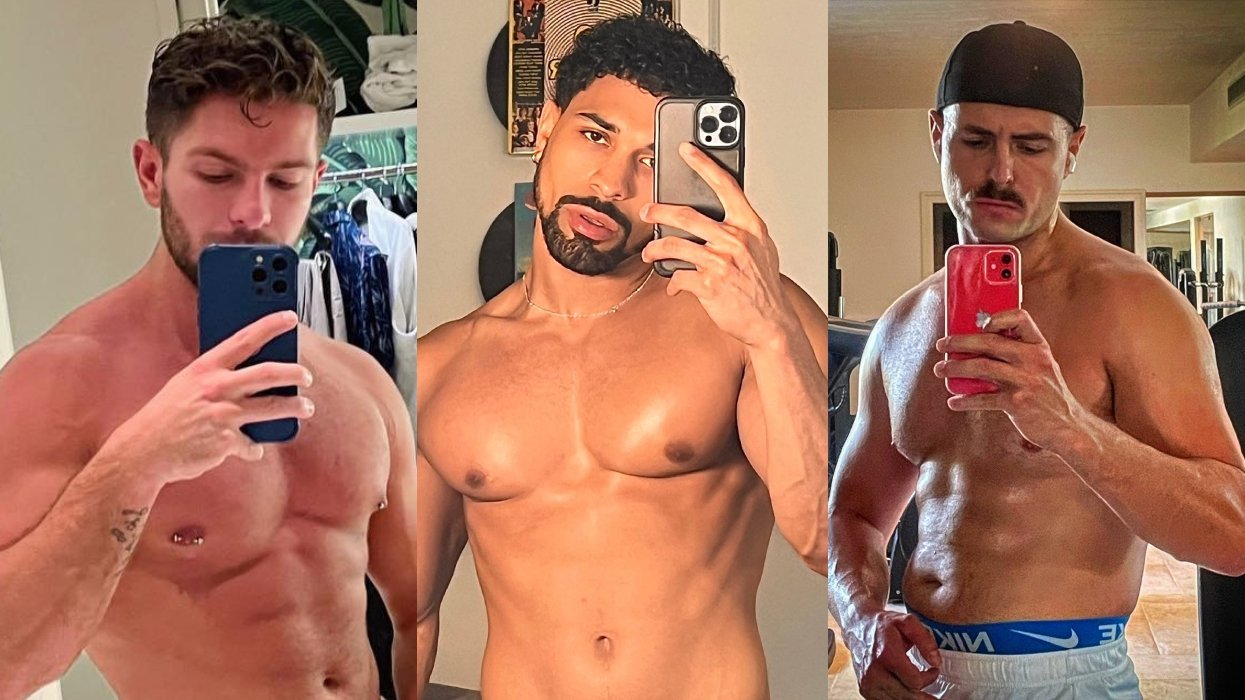

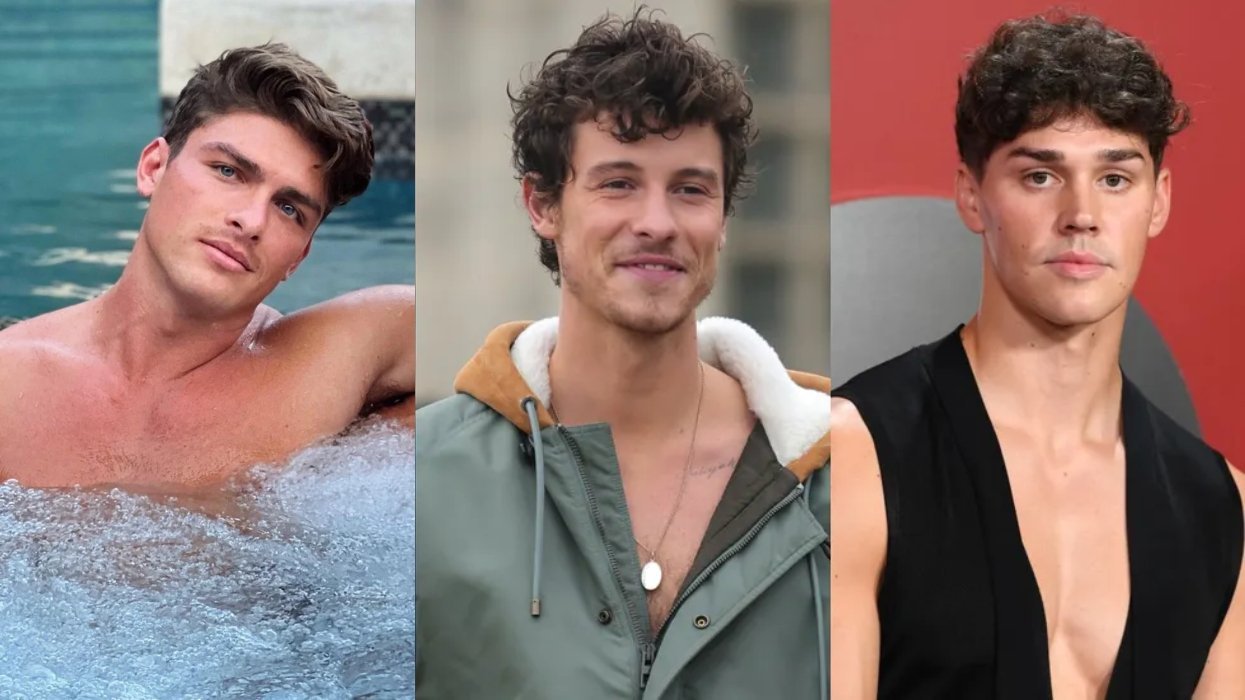





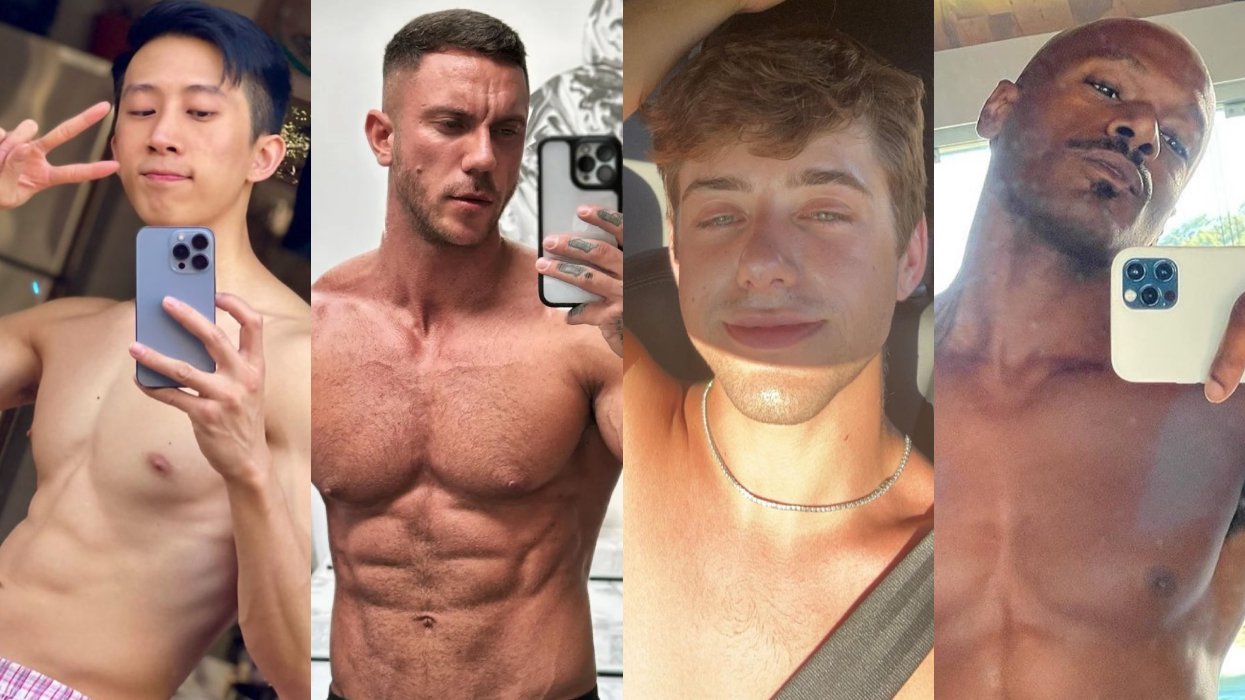






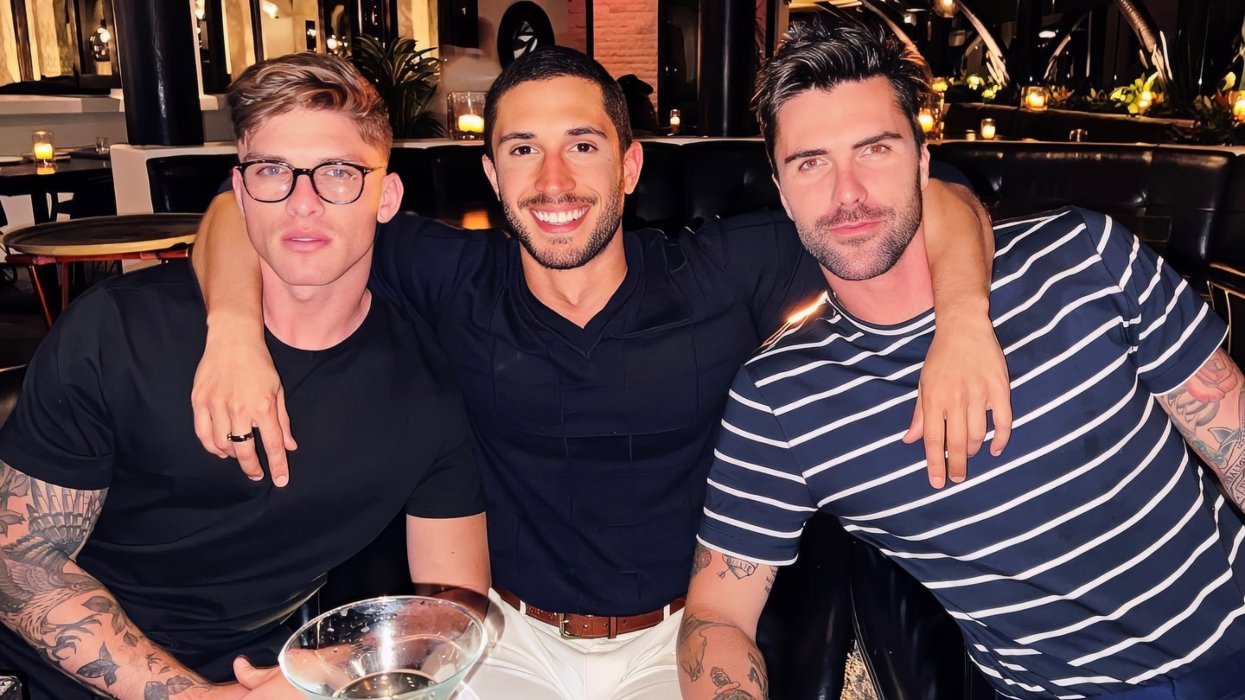




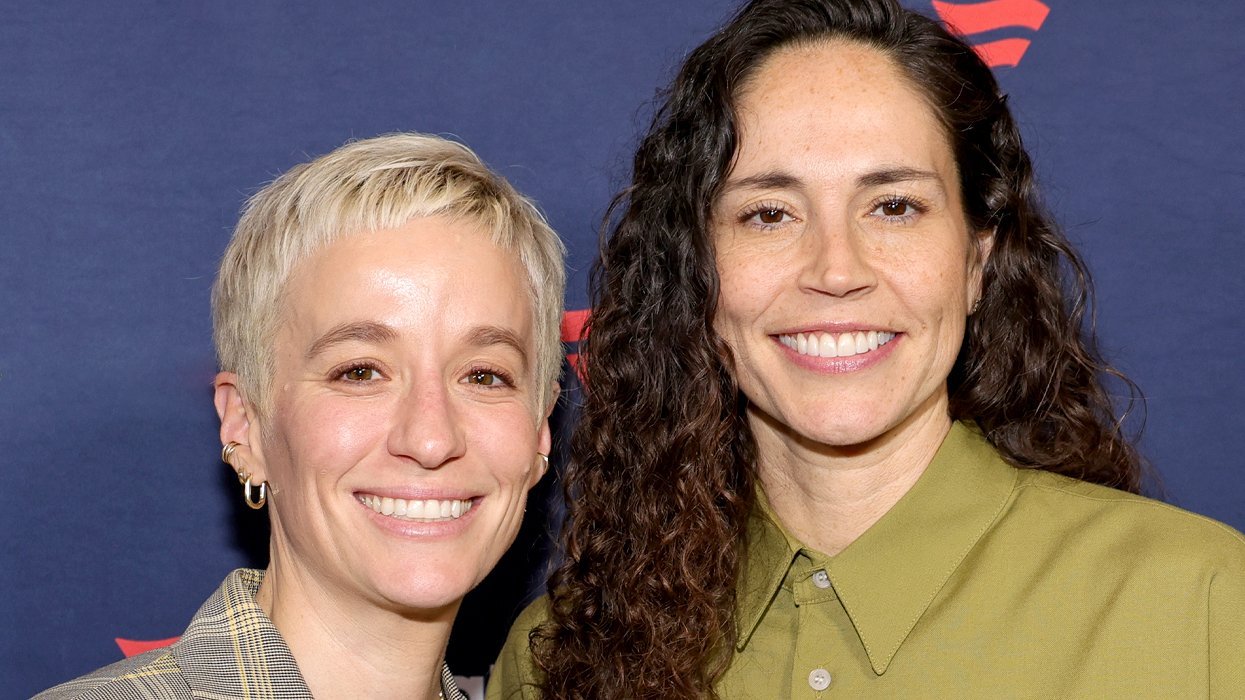
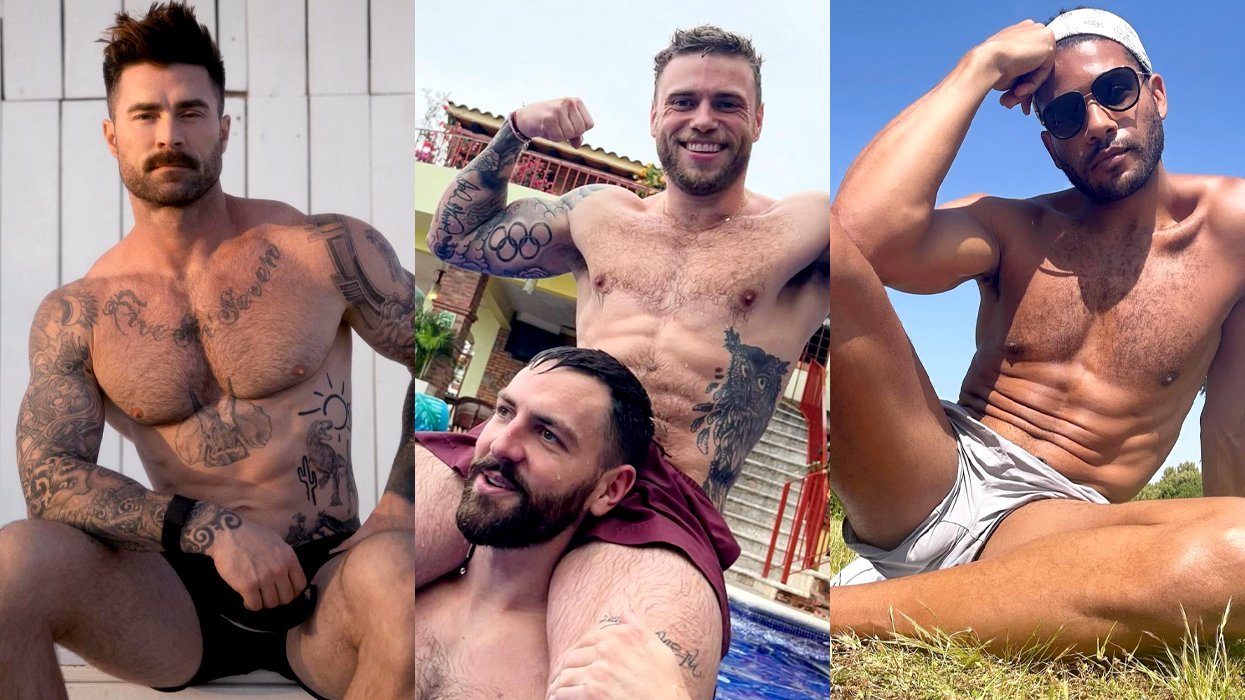
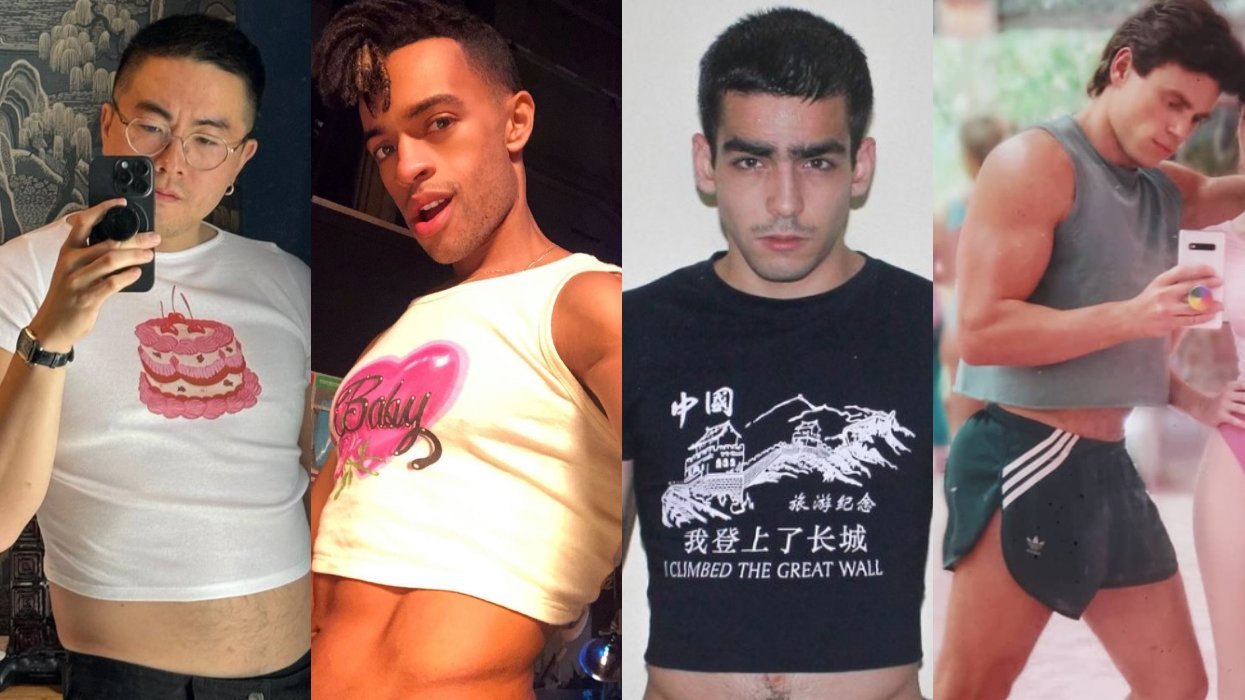
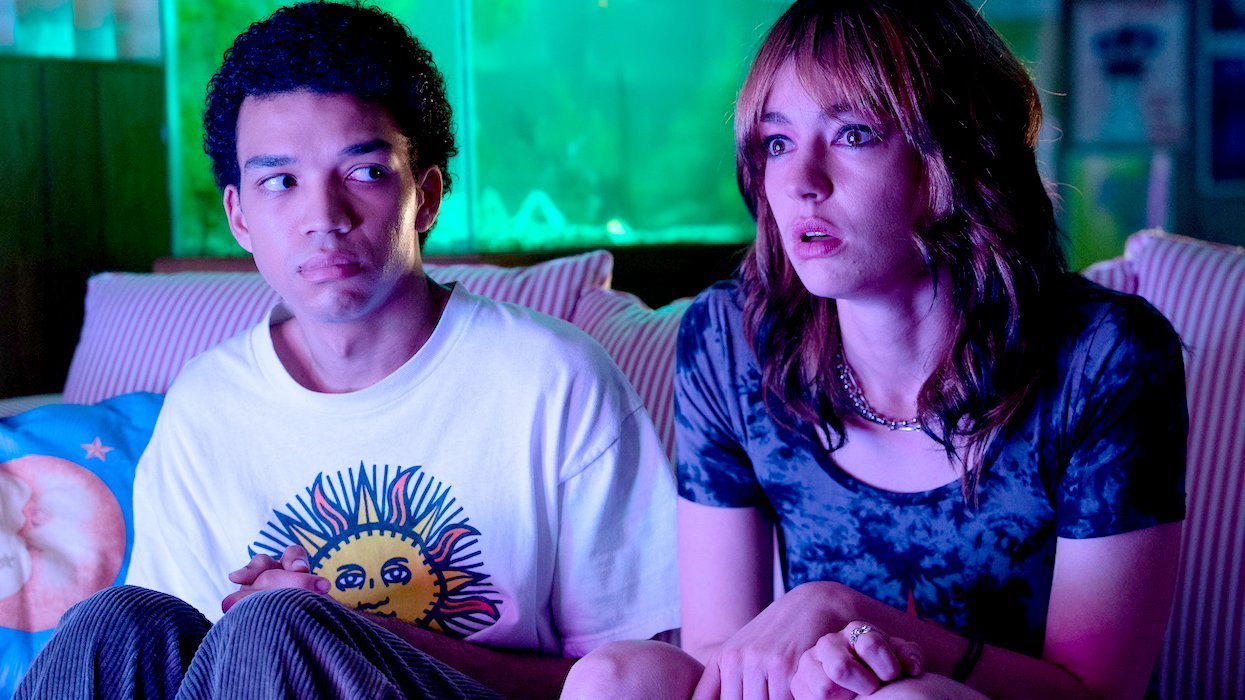
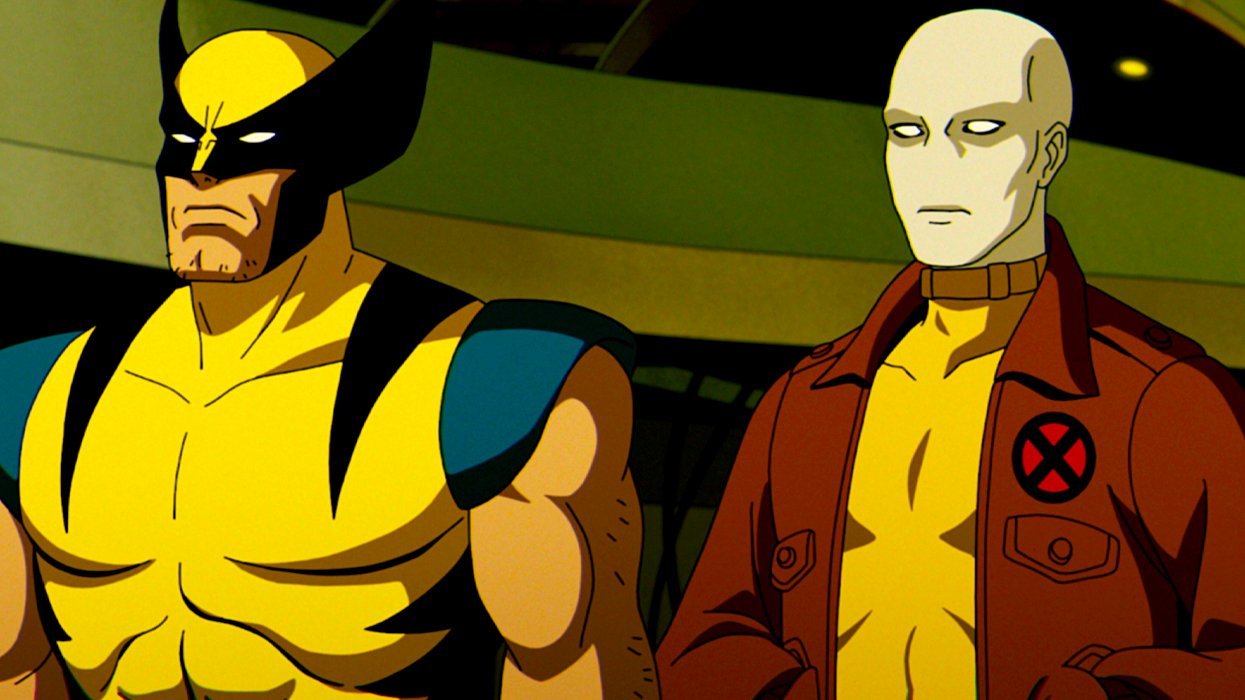
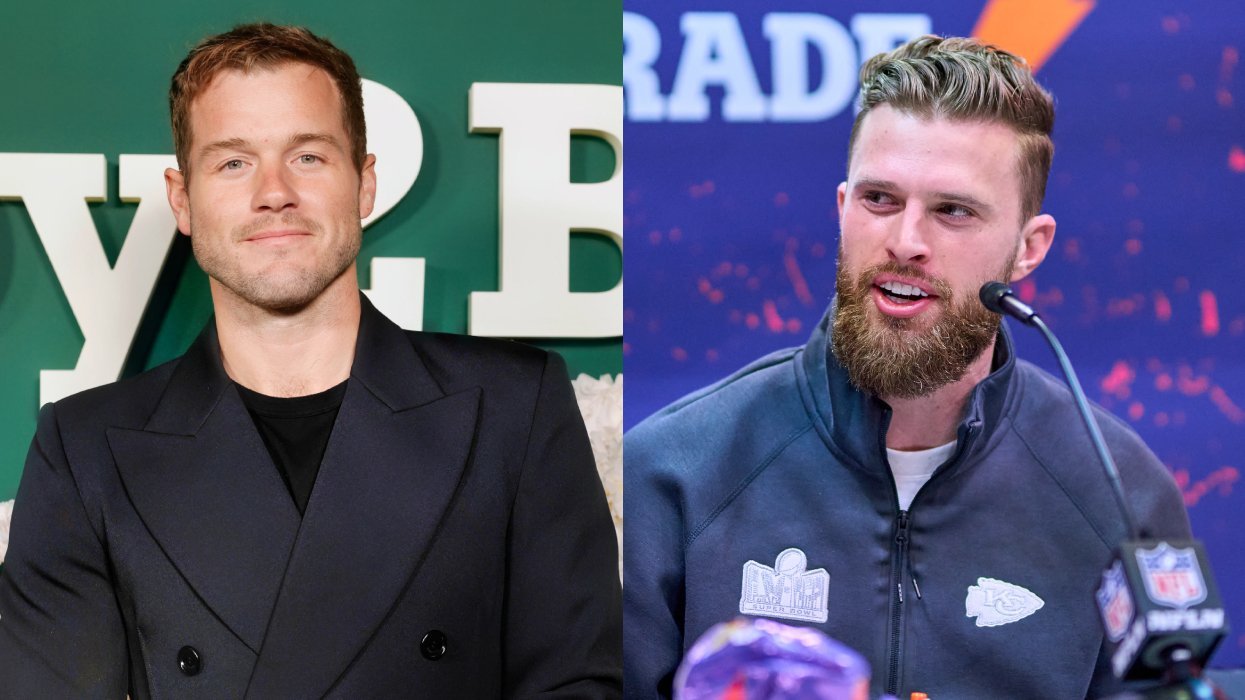
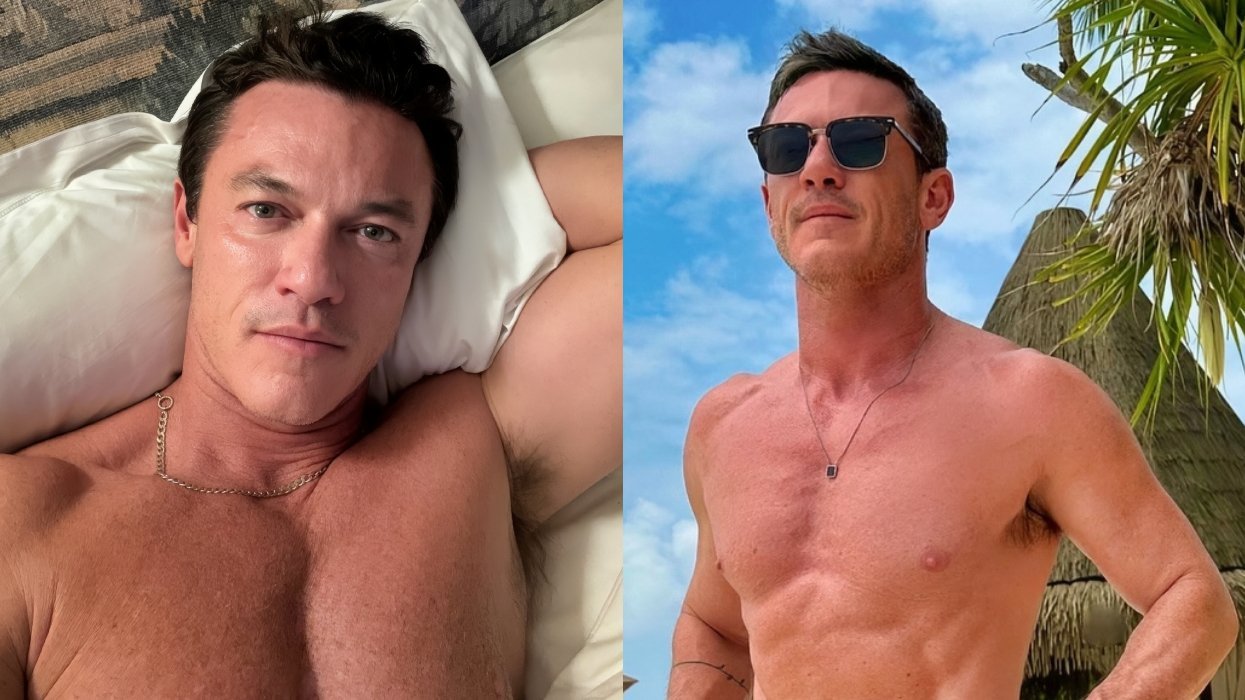
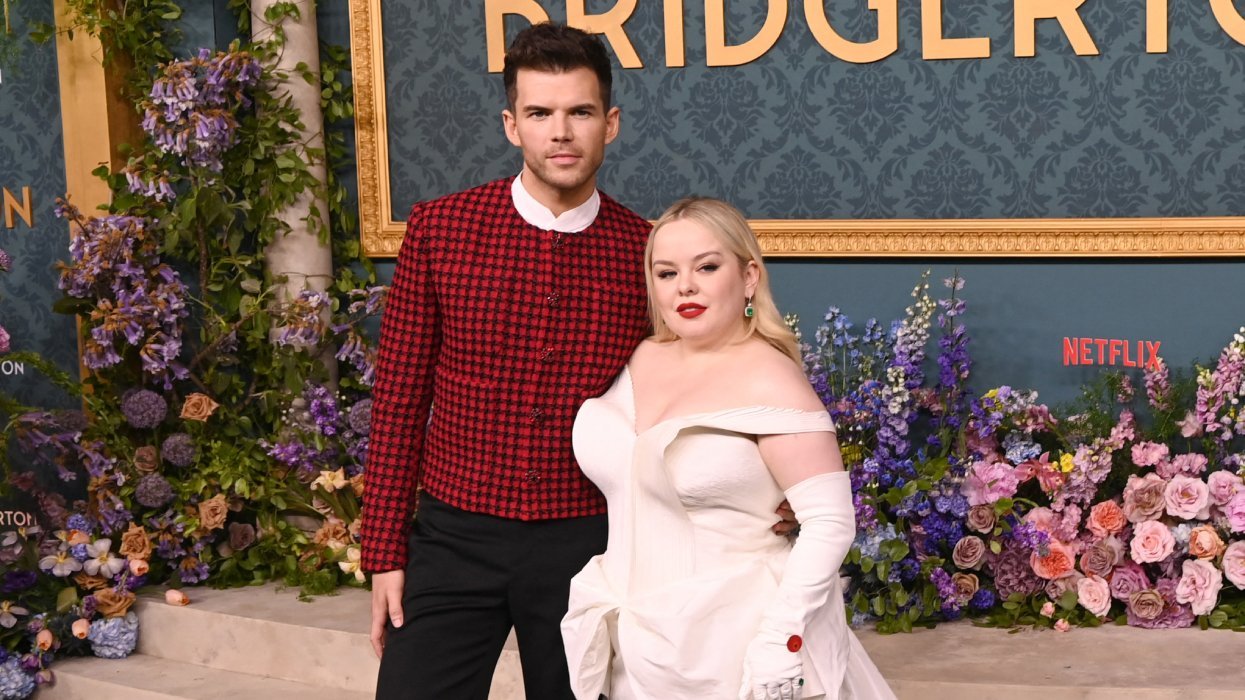

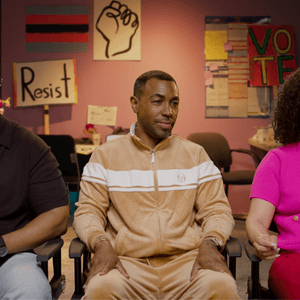

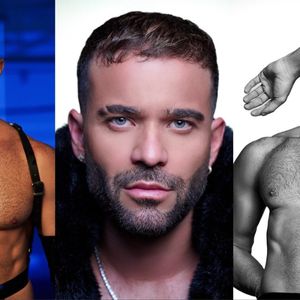
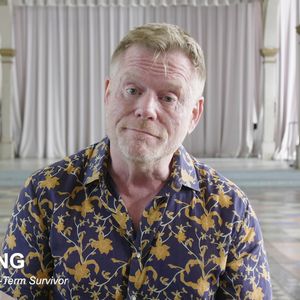



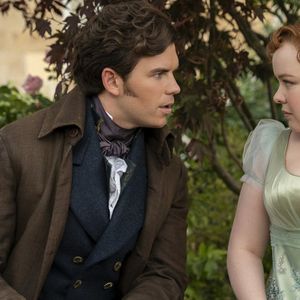

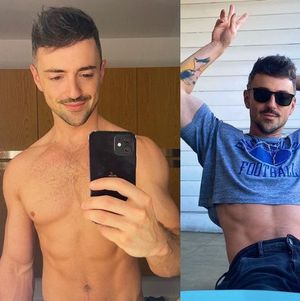



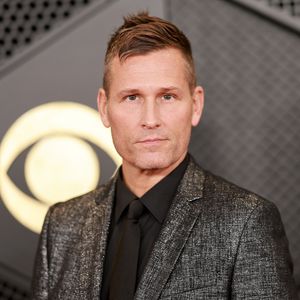


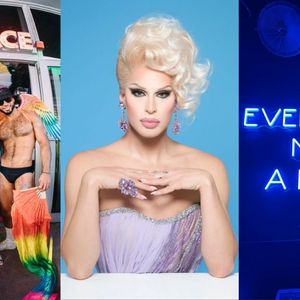






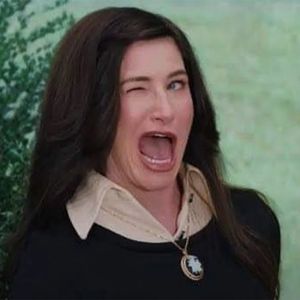








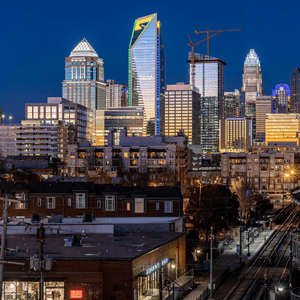


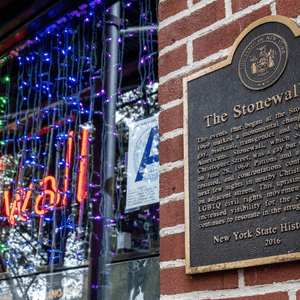


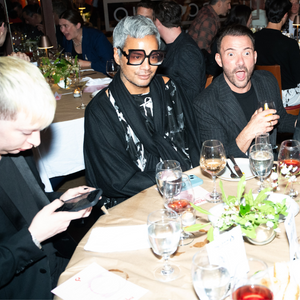








Karamo Brown’s New Memoir Is Written for the White Gaze
The ‘Queer Eye’ co-host’s memoir “is a study of how to survive in America told through the story of someone Black, queer, and visible,” says Tre’vell Anderson, Out’s director of culture and entertainment.